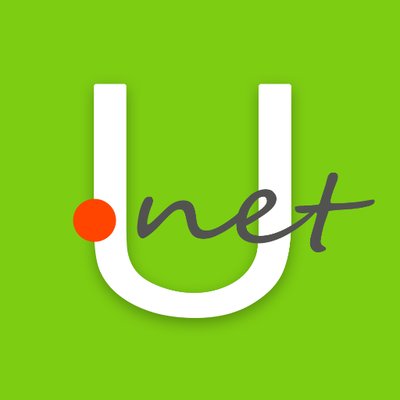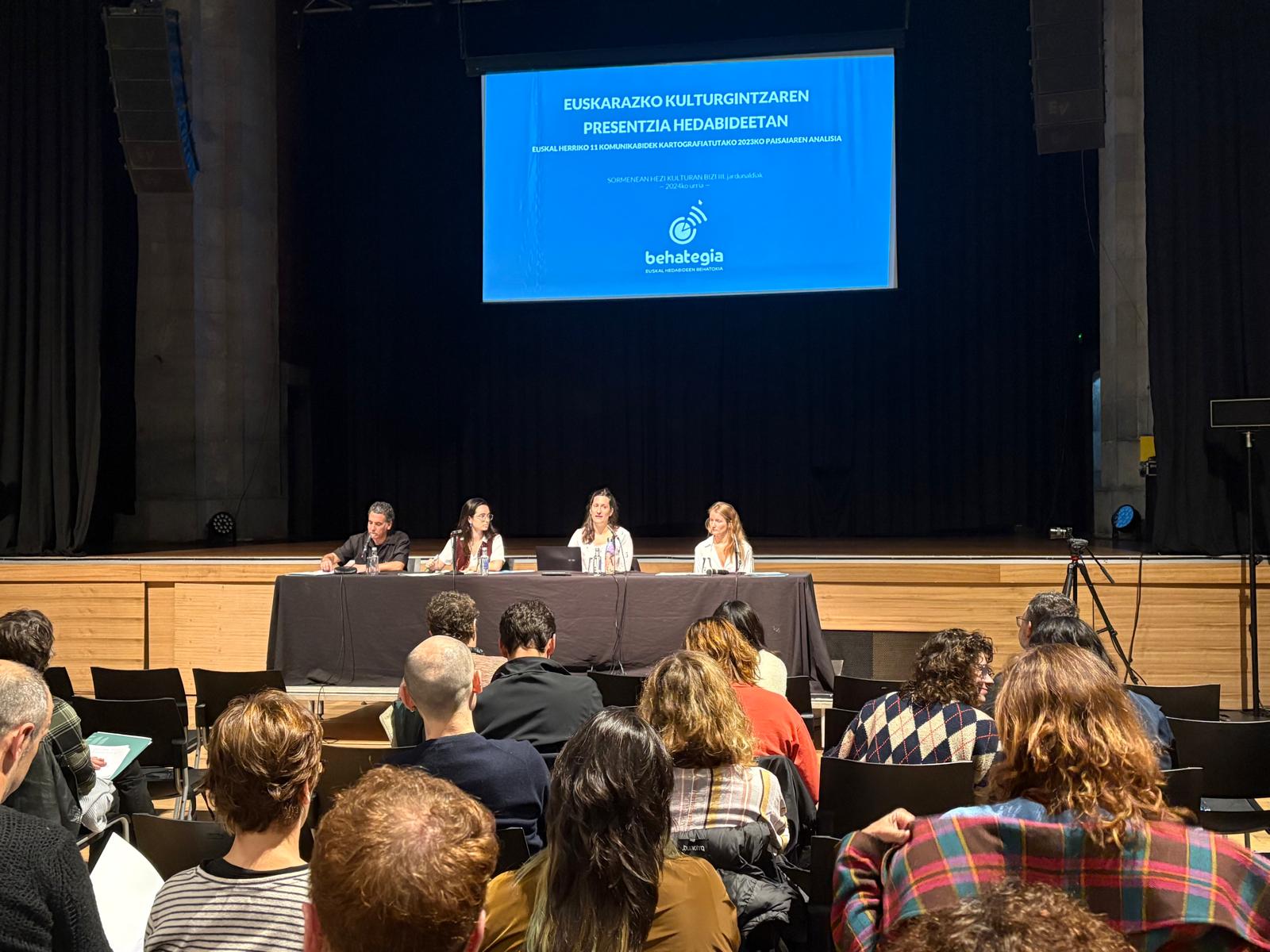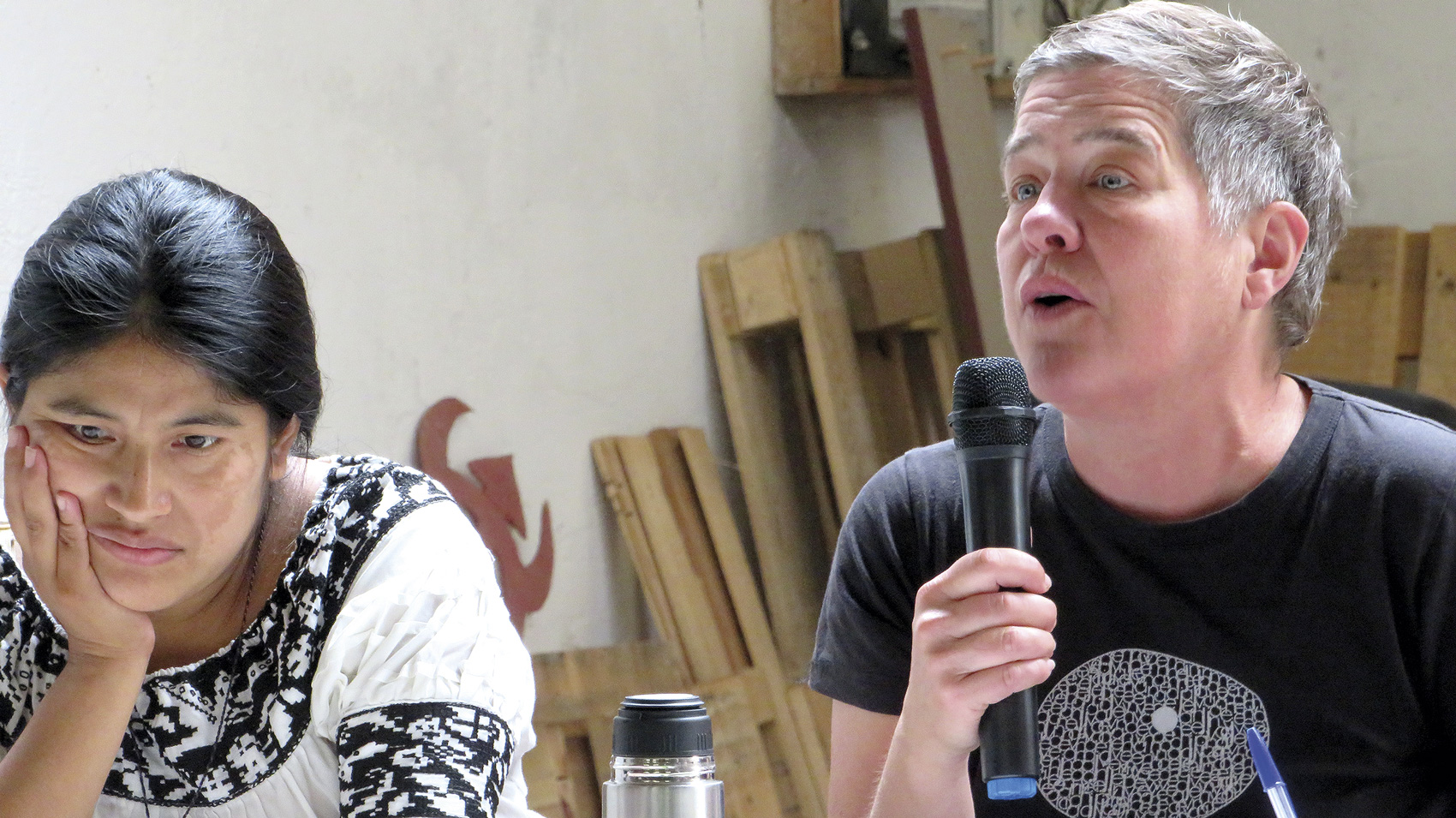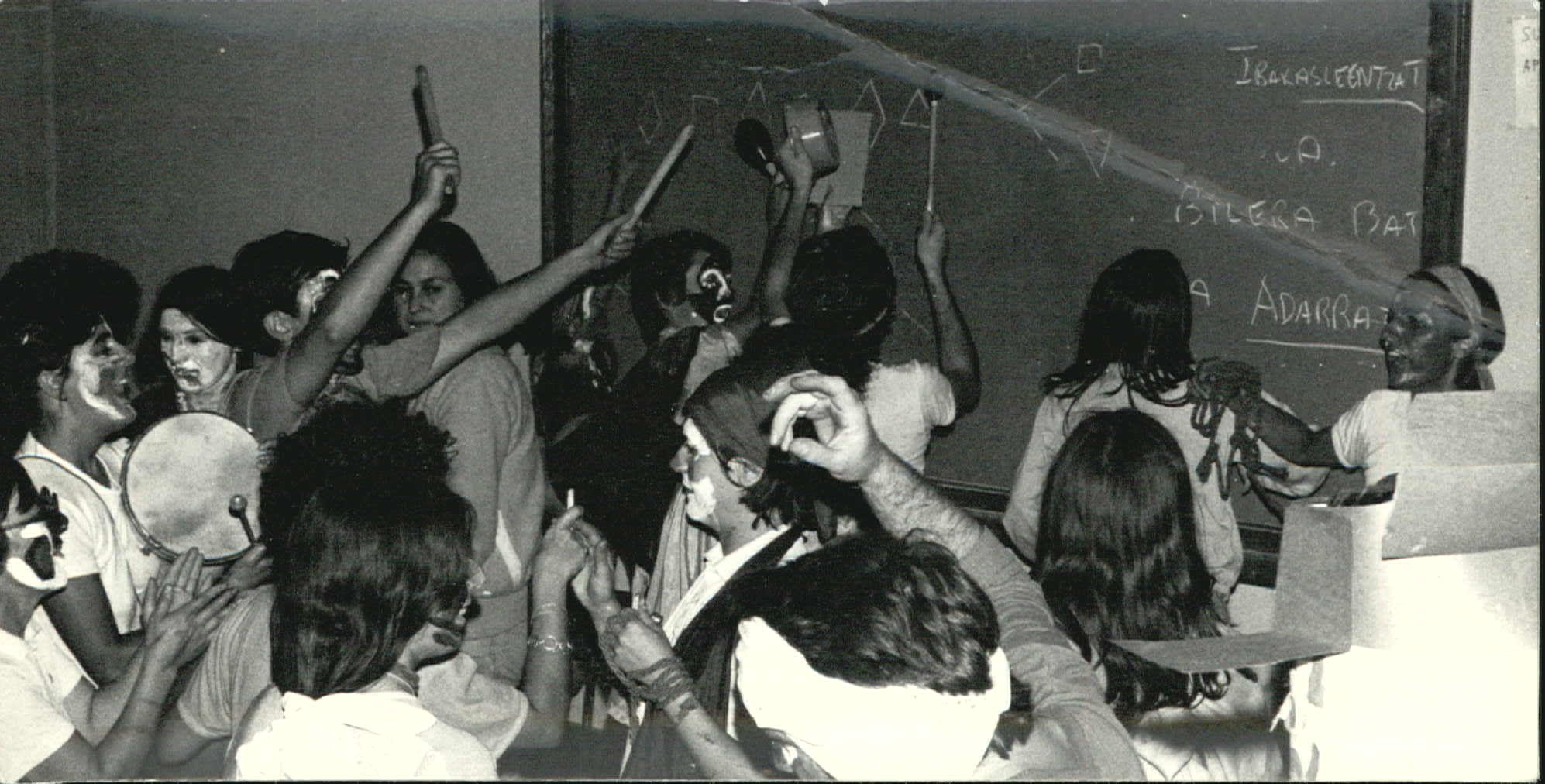"The achievement is to bring together the people who have come together to talk about climate change, and in Basque, to do so."
- 47 UEU Within Summer Courses Climate Change: On 11 June the day "Opening windows from Euskal Herria to the Pyrenees" was held. The meeting was organised with the collaboration of the UPV/EHU and the UEU and aimed to disseminate the debate on the impact and consequences of climate change in the geographical area of the Pyrenees. Ane Zabaleta Lopetegi, geodynamic researcher (UPV/EHU) and member of the UEU, is one of the organizers.

The aim of this day is to have a forum. Not only for researchers, but for all agents
Yes, to open a forum or a plaza or a place where different actors from the research world, from the administration, from the dissemination -- can talk about climate change from different points of view. Open that path and generate debate. That debate, that debate, is not over. The debate must continue and this or other forums must be set up or given the opportunity to do so. That was our contribution. There are two projects working in the Pyrenees in the context of climate change, on different issues; and we wanted to get together and talk about climate change; talk in Basque, because you can also talk in Basque about science and management. In addition, we have tried, as it emerged from the first round table, to have people from different areas of Euskal Herria. Although it's not always easy, we've made that effort.
Today, several projects of the Pirenaico Observatory on Climate Change have been presented. Among other things, the Piragua project that you have presented. You wanted to stress the importance of water resources.
The climate will change, the ecosystems will suffer, but we need water to live. One thing that happens to us with water is that we have always had or feel that water is “too much”; and then we never think that climate change is going to decrease the amount of water and that there are going to be problems. Is there a shortage of water, is there a lot of drought? Maybe not. Perhaps this reduction in water flows could lead to the inability to respond simultaneously to the needs of different sectors. And, therefore, generate tensions in it. We have to know what is coming, how we can adapt or what ways we have to adapt. And the things that we put forward in the project are the things that are raised from the territory itself. That is, the management of our territory can be the same “tool” for mitigating or reversing the situation. In other places we have seen that the flows are going to descend, especially in the summer and fall months, and we also know that some types of vegetation consume more water at that time. So it's what land use can do or accelerate or mitigate the impact of climate change. And what we need is local knowledge, to know what the path is in our environment.
You have studied water resources, but mention has been made of glaciers, microbes, lakes, vegetation without leaving the Pyrenees. The subject has been worked on in different areas.
It has come out of everything and I think it is interesting. That we can all see what's in other areas. To see how they work. Sometimes you can create collaborations. Because there are no isolated ecosystems here. Glaciers will disappear if they melt, but this will also affect water resources. The dirt of these water resources will change. There is always a relationship between everyone and it is always good to see a given field from different points of view. I think there have been many examples here and all of them very interesting.
This interdisciplinarity has emerged, the collaboration between the different areas, but they have also wanted to work the relationship between management and research.
That relationship is not always easy. Today it has been said that sometimes it is a matter of language, it cannot be understood, because everyone speaks a different language, even if we all speak in Basque. Other times it's time. The manager has its times and science cannot always give as fast a response as you want. Today, it has also been mentioned that perhaps research does not always raise questions of interest to the manager. Of course, research is not always done to be applicable to management, it is broader than that science, but if this research is to be applied it must be reinforced. It has come to the conclusion here that perhaps a stable observatory can be set up in which we may be able to continue at the beginning without understanding each other well, but in time, surely, we will use similar questions and other similar languages. There is the need to open a path.
The third leg is missing. What has been mentioned more than once today: society. To what extent is society’s responsibility?
Yes. To what extent? When it comes to climate change, it is often said that it is everyone’s responsibility. Yes, the responsibility is everyone, that is the case, but not everyone has the same responsibility. And everyone can make various decisions from their individuality, but those that are up and can make broader decisions also have to make others. One word that has been repeated is that we have to be brave. All people, administrations and sciences. We all have to be brave to see that there are some changes that we have to make within us and carry them out. It's not always easy, but you have to.
When we talk about climate change, we usually turn to pessimism. Today most messages have been negative. But as an organizer, what are the conclusions you've drawn today?
It is true that we tend towards pessimism, because the data is nothing positive; but I have drawn some positive conclusions. Bringing together the people who have come together here to talk about climate change, also in Basque; I think there's an achievement. Then there have already been some small examples, from different sectors, from different places, to which we have to look. What you're doing in other places. How it is being done. If we try to open up these small steps, we will surely be on the right track. At the end of it, one of the participants also launched a message of this kind on Twitter. This concern about pollution dates back several years and all the progress that has been made today. Let us try to learn from these examples and really believe that this fight is worthwhile and that we have to put all our strength into it.
Transmisioa eta dantza taldeetako erreleboa aztertu nahi izan dugu Dantzan Ikasi topaketetan, eta gazte belaunaldiek lan egiteko ereduak ezagutu nahi izan ditugu “Gazteen parte-hartzea euskal dantzan” mahai inguruan: Eder Niño Barakaldoko... [+]






















